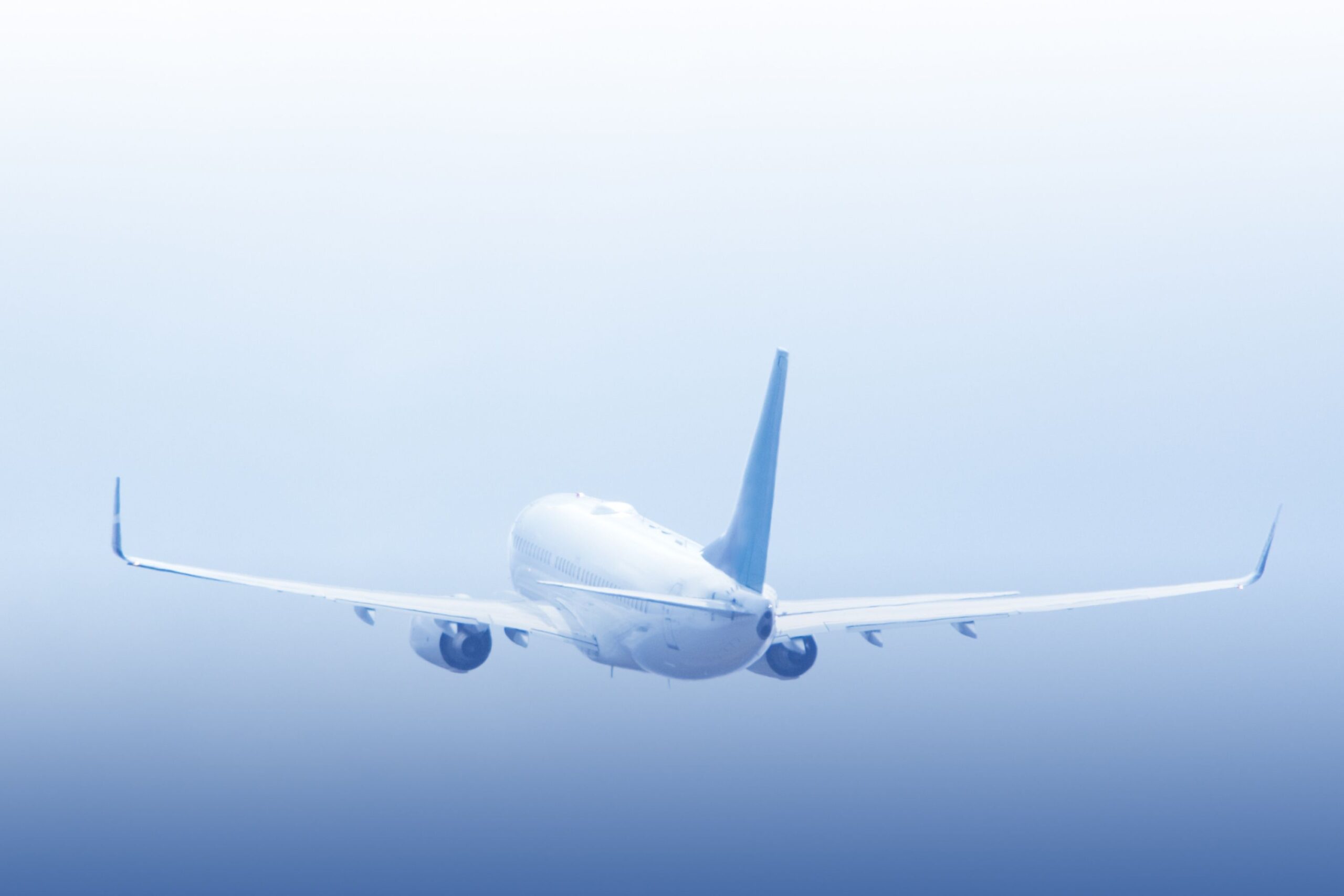A booking fee is an extra charge added by the platform when you reserve a flight ticket online—it’s often called a service fee or convenience fee, but the purpose is the same. This fee helps cover the platform’s operating costs, including customer support, website maintenance, secure transactions, and airline integrations.
More importantly, it’s also how many booking sites make a profit. While some platforms earn through airline commissions, others rely more heavily on booking fees. That’s why two sites can show the same flight but list different total prices—the difference often comes down to how each platform structures its revenue.
Some platforms charge higher booking fees because they have different business models, operating costs, and service levels. For example, a site that offers 24/7 customer support, flexible rebooking options, or added features like travel protection might include those benefits in a higher booking fee.
Others may not have strong partnerships with airlines, so they rely more on charging users directly than earning commission. Smaller or lesser-known platforms also increase their fees to stay profitable.
So when comparing flight prices, you’re not just paying for the ticket—you’re paying for how that platform runs its business.
How flight booking platforms make money
When booking a flight online, the price often reflects more than just the airline’s fare—it also includes how the platform earns revenue. These websites invest heavily in maintaining real-time access to flight inventories, handling customer service, developing user-friendly interfaces, and securing your payment data. To support those efforts, they build revenue into the final cost of your booking.
Some platforms have direct access to Global Distribution Systems (GDS), allowing them to search multiple airlines simultaneously. Access to these systems often comes with fees, and platforms recover those costs by embedding them into your final payment, sometimes through the base fare, sometimes as a booking fee.
Additionally, platforms tailor their pricing based on user behavior, travel demand, and market competition. For example, a platform with limited traffic or niche routing options may apply higher service fees to remain profitable. Meanwhile, larger platforms that operate at scale may keep fees lower because their volume offsets the need for high individual markups.
In short, the fee structure you see is shaped by the flight and the platform’s internal strategy—how it handles access, scale, user support, and pricing flexibility. That’s why two identical flights can cost more or less depending on where you’re booking.
Premium features and support services
Another reason you might pay more booking fees is access to enhanced services. Some platforms offer options like flexible ticket changes, 24/7 support, or rebooking assistance. These perks are usually built into the service fee. If you value peace of mind while traveling, it is worth paying a little more.
For example, if you’re traveling internationally and your plans might change, booking through a platform that offers immediate rebooking help can save you from a stressful situation. You’ll likely pay a higher service fee upfront, but avoid expensive change fees or missed flights later.
Why transparency varies across platforms
Not all flight booking websites are upfront about their fees. Some will initially show a low price to attract clicks and only add fees at the final step. Others display the total cost from the start. This difference in transparency can mislead users into thinking one site is cheaper when it’s not.
If you are comparing flight options, go to the checkout page on each platform. That’s where you’ll see the real total. It’s also a good idea to read the fine print—some fees may be hidden under vague terms like “taxes and fees.”
The role of airline partnerships
In many cases, a booking platform has established deals with specific airlines. These partnerships can influence the final price you see. Platforms with strong airline relationships may waive the booking fee to encourage more bookings. On the other hand, those without such partnerships may rely heavily on fees to sustain their operations.
For instance, the booking platform may not receive much commission if you fly with a low-cost carrier. In that case, they might make the difference by adding a higher fee. This is especially common on international or multi-city routes.
Tips to avoid excessive booking charges
When trying to save on flight booking fees, it helps to know a few tricks. One option is to use a metasearch engine to compare different platforms. Another is to book directly with the airline if the price difference is slight—many airlines don’t charge additional booking fees.
If you find a good deal on a third-party site, take a screenshot and check the airline’s website. Sometimes, you’ll find the same flight at the same price, minus the extra fee. And if you’re booking for multiple passengers, those fees can add up.
Why international flights often show more variation in fees
When you’re flying internationally, you’ll notice that booking fees can be even more inconsistent. International routes often pass through multiple airline systems and booking frameworks. Each platform may calculate service charges differently, depending on how complex the route is or what backend booking tools they rely on.
If your trip includes layovers, code-share agreements, or smaller partner carriers, expect a few dollars more on the final price. While some platforms include those service logistics in the base cost, others add them as an extra fee right before you pay.
Why tools like fare alerts and comparisons help
When looking for the best deal, using flight comparison tools is one of the smartest things you can do. These tools pull real-time fares from multiple booking engines and help spot hidden fees or booking charges. Some platforms even display whether a booking fee is included, giving you more control over the total price.
If you activate flight fare alerts, you’ll know when prices drop or fee structures shift. For instance, some sites lower or eliminate their fees during off-peak times or seasonal promotions to attract more users. Watching these trends can help you avoid paying more than you need to.
Mistakes that make you pay more
Many travelers are charged higher booking fees simply because they don’t double-check the checkout summary. Another common mistake is booking through a random third-party site without researching it first. Not all platforms are equal in transparency.
If you’re in a hurry and click the first affordable result, you might overlook extra fees until after you’ve paid. That’s why it pays to pause, compare, and always read the total before confirming your booking.
Booking fees vs. airline fees: Know the difference
Here’s something important: the booking fee isn’t the same as the airline fee. While airlines might charge for luggage, seat selection, or onboard meals, booking fees are strictly related to reserving your flight online.
Some users confuse these costs, which leads to frustration. But when you know how to separate the two, you can better understand the total cost and make a more intelligent booking decision.
Does the time you book affect the booking fee?
It might surprise you, but yes, when you boo, itk can influence the fee you end up paying. Some platforms adjust their fees based on demand. Platforms may increase service charges if you book during peak travel seasons or before holidays. This isn’t always about the flight price but the platform capitalizing on higher traffic and urgency.
You may see lower fees if you plan and book flights online during off-peak hours. The platform’s backend pricing engine sometimes factors in traffic load, the day of the week, and user behavior patterns. Booking your tickets mid-week or late at night could reduce how much you pay in booking fees.
How pricing algorithms create fluctuations
Booking platforms rely on airline dynamic pricing models. These aren’t just about airline fares but also about how much to charge as a fee. Platforms use algorithms to analyze your location, the type of device you’re using, and even your browsing history. That’s how two users can see different booking fees for the same flight.
If you’ve visited the same route multiple times, the algorithm might consider you highly interested and less likely to abandon the checkout. As a result, the system could present a slightly higher booking fee. Clearing your cookies or using incognito mode is a small but often helpful trick if you repeatedly check flight ticket prices online.
Are app users charged less?
Sometimes, yes. A few travel booking companies reward mobile users with exclusive discounts, which may include reduced or zero booking fees. The logic behind this is simple—mobile users often book quicker, and platforms want to push app engagement. If you’re on the go and browsing flight deals through an app, you might be looking at a better final price than someone using a desktop browser.
However, this isn’t a rule. It depends on the platform’s strategy. Some apps display lower base fares but reintroduce the service charge at checkout. If you use a mobile app, compare that final price against the desktop version before paying.
Frequent-flyer programs and booking platforms
If you fly often and are part of a loyalty program, you might be eligible for reduced booking fees. Some platforms partner with airline loyalty schemes and give members benefits like waived service charges, priority access to deals, or cheaper rebooking services.
This is especially useful if you’re booking multiple flights a year. Signing into your account before searching flights online can help the system recognize your status and apply available perks. But don’t assume all loyalty-based benefits are automatic—read the conditions on the platform’s pricing page.
Which platforms charge the highest booking fees?
While it’s hard to name names without fluctuation, some smaller third-party platforms charge more than the bigger names. These sites usually operate on slim margins and rely heavily on service fees. If the platform looks unfamiliar or doesn’t offer customer support, that’s a red flag.
On the other hand, major platforms that have strong airline partnerships and high-volume traffic may keep fees relatively low or transparent. If you book from one of the top comparison tools or an airline-affiliated agency, you’ll likely face fewer pricing surprises.
When paying the booking fee might make sense
There are situations where it makes sense to accept the higher booking fee. If the platform offers 24/7 support, easy cancellations, or bundled travel insurance, those extra services might be worth the added cost.
For example, if you’re booking a complex itinerary with multiple stops and are worried about schedule changes, paying an extra $10–$20 in booking fees might be the safer choice. It adds a layer of convenience that direct airline bookings sometimes lack.
FAQs
Do airlines charge booking fees too?
Airlines usually don’t charge a booking fee when you buy directly from them, although they may include service charges for specific payment methods or additional services.
Why do some flight booking sites hide fees until checkout?
It’s a marketing tactic. Displaying a lower base fare helps the site appear cheaper in search results. The full cost is revealed later to avoid scaring users off initially.
Are booking fees refundable if I cancel my flight?
Most platforms don’t refund service or booking fees unless the cancellation is due to an airline issue or system error. Always read the platform’s terms.
Can I avoid booking fees altogether?
Sometimes. Booking directly with the airline or using loyalty program links can help. Specific platforms also offer promotions where fees are waived.
Do booking fees change based on destination?
Yes. International flights or routes that involve multiple carriers often have higher booking fees due to the added complexity of ticket processing.
Is it safe to use platforms with lower booking fees?
Lower fees don’t always mean poor service, but you should check user reviews and refund policies. Make sure customer support is easy to reach.
Does rebooking through a platform cost more?
It can. If the platform doesn’t include rebooking support in the original fee, you might pay more to change your flight later. If your plans aren’t fixed, look for flight ticket prices with flexible dates.




